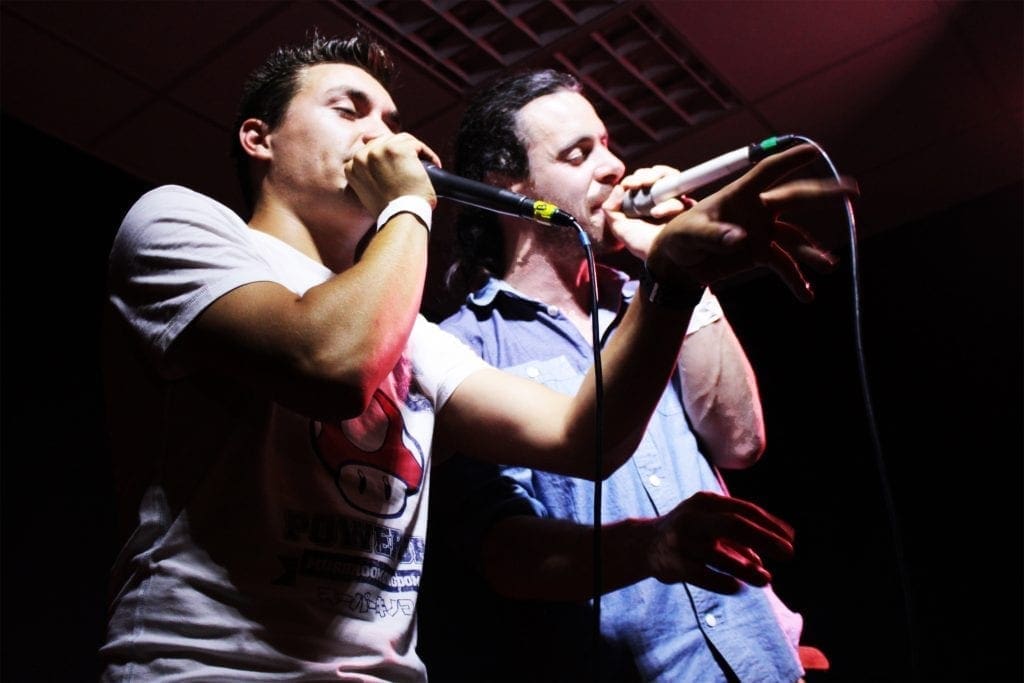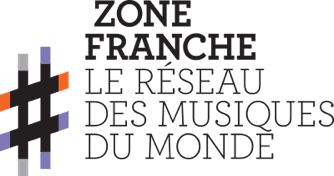Musical creativity in the regional languages of France boasts a unique dynamism and inventiveness. But their languages are still not recognised by the French state and are dying out like endangered species. We hear from pioneering artists from Corsica (Jean Claude Acquaviva), Brittany (Erik Marchand), Occitanie (Manu Théron) and the Basque country (Beñat Achiary).
Languages are like species: some are doing well; others are dying out. While scientists agree in estimating that around 7,000 languages are currently in use around the world – in addition to thousands of dialects – half of them are likely to disappear over the next two decades. Some unique and charming cultural and musical expressions are at risk of being swept away with them.
In this first article, we focus on regional languages in “Metropolitan France”. This reflection will be followed by another article about regional languages in “Overseas France”.
Obsolete teaching methods
In 2017, 25 countries ratified the European Charter for Regional and Minority Languages, put forward by the Council of Europe. Through their membership, these countries are committed to protecting and supporting the promotion of national languages and minorities. France is absent from the list of signatories, a worrying fact when it comes to the survival of regional languages and cultures on French soil, most of which are in decline.
A Filetta
Jean-Claude Acquaviva, choirmaster for the Corsican polyphony group A Filetta, makes his feelings clear: “The underlying problem is that we have languages that struggle to find a sense of belonging because proximity struggles to find a sense of belonging. We find ourselves in a system in which we are increasingly asked to be efficient. And the thing that is most efficient is the most common. Which is never very good, because if we transpose this to culture, it means we only eat or listen to the things we consume the most of”.
Regional languages play a full part in diversity, but native speakers are disappearing across the regions. While some still maintain a presence in the academic sphere, learning methods are often disconnected from the everyday. J.C. Acquaviva’s daughter is in Year 9 and taking lessons in Corsican: “They are given whole lessons on 19th-century Corsican marriage customs. That might be interesting to someone like me, at 55, but we need to pass a language on to children. We need to talk to them about things that mean something to them at first glance, things in our everyday life and in everyday language. Instead, we seem to be passing on things that seem outdated and don’t work.”
And it’s not going to get any better. The recent reform of the baccalaureate may discourage even the most motivated students. Scores obtained via regional language options were previously calculated according to coefficients between 1 and 3%, but with the Blanquer reform, these have been lowered to 0.01%.
The sounds of languages
Beñat Achiary & Joseba Irazoki
In some regions (Brittany, Occitanie and the Basque country) associations have succeeded in creating networks of immersive language classes, in which lessons are held exclusively in the original language.
Of all France’s regional languages, Basque Euskadi is undoubtedly in the best shape. Not only is it likely to be the oldest, but neighbouring Spain, where it is also spoken, has recognised it as an integral part of its national identity. When asked whether these cultures bring with them an inward-looking identity or one of openness, everyone we spoke to favoured the second option. As far as the Basque singer Beñat Achiary is concerned, it goes without saying: “I really enjoy speaking Basque, so I’m looking for the same sense of excitement in other languages, in their relationship with writing, signs and, of course, sounds”.
He refers to the other great form of transmission: music. In Brittany, this is already relatively well established, as the singer Erik Marchand recognises: “Popular music is a music of festive dance. Young people from rural backgrounds who have become students have the ability to share this in a friendly way through Fest-Noz festivals (literally Night Parties, popular balls of Breton tradition) that promote recognition of the language”. Like all regional forms of music, Brittany experienced a golden age in the 1970s, with the huge success of Alan Stivell in particular. Creativity in the Breton language continues in lively fashion. Erik Marchand produces plenty of rock alongside Rodolphe Burger; Denez Prigent has achieved widespread recognition with typical songs accompanied by electro arrangements; and in the younger generation, Krismenn stands out by mixing traditional practices (gwerz and kan ha diskan) with urban and human beatbox sounds.
Erik Marchand & Rodolphe Burger
Traditional music export much better
Occitanie is also very active. Its golden age took shape in the 1980s along the Toulouse-Marseille axis, with Les Fabulous Trobadors in the ville rose and Massilia Sound System. Today, Manu Théron, from Marseille, is one of the most dynamic figures in the South of France through his various formations Gacha Empega, with Sam Karpienia (Dupain, De la Crau), Sirventès, Chi-Na-Na-Poun, Polyphonic System with Ange B., and Henri Maquet, from Arles. With Lo Cor de la Plana in particular, a polyphonic and percussion choir, he has inspired a number of groups, including the female quartet La Mal Coiffée and the sextet San Salvador from the Massif Central, who notably triumphed at the last Trans Musicales. Lo Cor de la Plana have played all over the world, in prestigious Western venues such as Olympia and Carnegie Hall, as well as on other continents. Manu Théron explains what he puts this success down to: “Before we got to Kuwait, they warned us: ‘The last time we hosted a French singer, everyone left halfway through the concert. Don’t worry about it. Audiences here are like that’. During the concert, when we started to play repetitive turnarounds with the bendirs, we noticed that there was a real symbiosis with the audience and no one left. What we had to say spoke to them. It wasn’t like French song, in which only the lyrics can bring the listener in. We do something that speaks to those who don’t have access to the lyrics in a fundamental way. People from Marseille don’t know their language. We approach the stage by trying to bring in otherness. So, when we travel to foreign countries, we have no trouble because we’re used to the situation”.
This would seem to prove that being interested in a traditional language motivates you to open up to the rest of the world.
Lo Cor de la Plana in Washington
Benjamin MiNiMuM particularly thanks Erik Marchand, Beñat Achiary, Jean-Claude Acquaviva and Manu Théron for the generosity of their participation in this article, but also Rodolphe Burger, Roger Siffer, Yannick Jaulin and Sébastien Bertrand who have helped nourish this reflection, but whos interesting thoughts he wasn’t able to quote.


